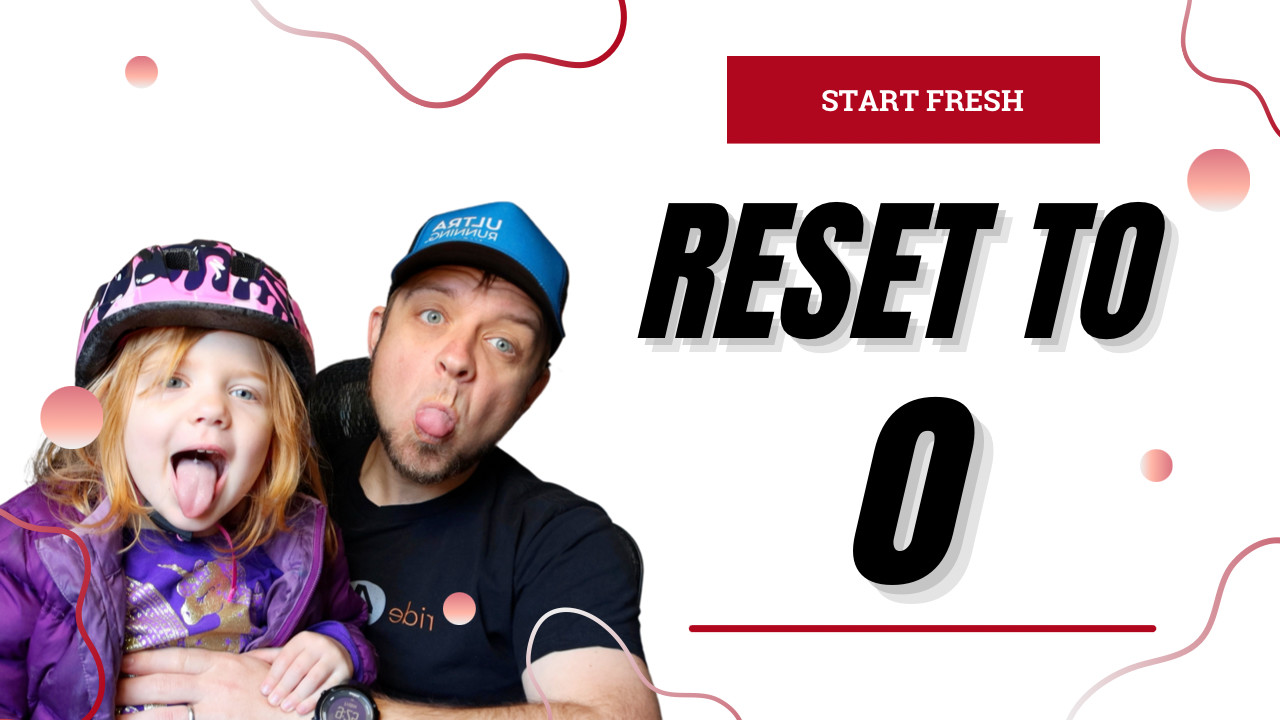One of the best reasons to switch to a new task manager is that you finally say no to all those things you were never going to do in the first place. That hammock you were going to put up for your kids in the summer finally doesn't get moved to the new tool because it's November and they don't want to sit in the hammock in the rain.
But, you also have to learn a new tool. You have to learn all the quirks it holds hidden beneath its shiny top side. There are going to be bugs and things that don't work the exact way you expected and wanted them to work.
Even worse than the dark underbelly of your task manager is that you are taking the same broken process with you into the new tool. You're still going to write down a bunch of tasks that you will never do. You'll plan to do things that sound good to have done, but you'll never make the time for them.
This is one of the reasons I love Analogue Productivity because when it feels like too much work to move a task forward or to a new notebook you're voting that it's not important and you should just drop it. Analogue Productivity easily reveals your middling priorities due to the labour involved in bringing them forward.
But the features of digital tools do keep me using them, so what do I do to make sure that I don't have a bunch of middling priorities around? I Reset to 0 at least twice a year.
Resetting to 0
Over the many years I've been trying to get quality work done I've realized that almost every time I'm frustrated with my task manager it means I've got a bunch of stuff on my list that I'll never do. I feel guilty about this and start blaming my task manager for something that is entirely my problem.
That's my cue to Reset to 0.
First, I create a new area in Things 3 called Reset then I dump all projects and tasks into this bucket for evaluation.
Second, remove every Area and Project in Things 3 so I have no organization. If you're using other tools, just remove any level of organization you have set up before.
Third, go through your tasks and projects and ask yourself 2 questions.
- Am I going to do this task this week or weekend?
- Will anything bad happen if I don't complete this task?
Yes you'll likely have tasks that remind you to replace the batteries in some part of your life in 6 months and that can stay, but everything else needs to get evaluated. If you're not going to do a task this weekend, when are you going to do it? Feel free to give it a date but then you need to add DELETE to the name of the task or the project. This is how you remind yourself that if it's overdue you need to delete the task.
If it was important you would have done it.
Now your only job is to be ruthless. You won't have more time in the future. You won't find time because time is not change you find hidden between couch cushions. You won't make time because you don't have a time manufacturing machine.
The unfortunate part about digital task managers is that you have to be proactive. They always say yes to keeping a task around. Analogue tools start off with no. They only move tasks forward if you explicitly say yes.
This one big freedom is why I cycle back to analogue tools and enjoy their freedom.
